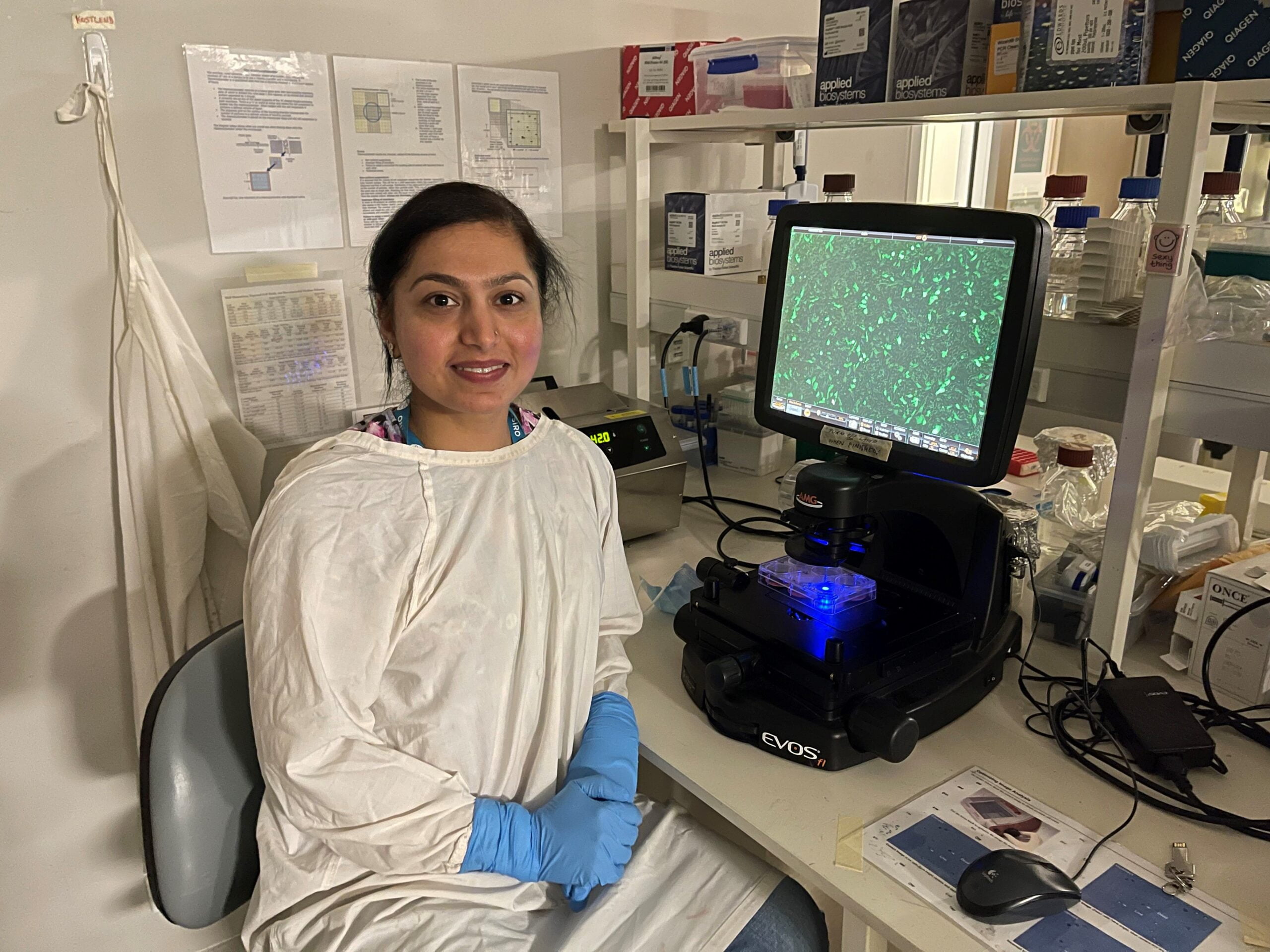Scientists at the CSIRO have produced a breakthrough in vaccine storage and transport technology that greatly extends their lifespan while avoiding the need for specialised refrigeration.
A research paper published in Acta Biomateriala authored by CSIRO senior postdoctoral fellow Dr Ruhani Singh describes how scientists used a metal organic framework (MOF) to protect a vaccine from temperature change. A MOF is a dissolvable crystalline material that forms a protective layer around the vaccine molecules. It can allow storage at a temperature of 37 degrees Celsius for up to 12 weeks.
Before administering the vaccine, a solution is used to dissolve the MOF. This process is fast, water based, and can be conducted at room temperature. Co-author and CSIRO senior scientist Dr Cara Doherty said that MOFs work in a similar way to putting up scaffolding around your house. Just as your house remains after removing the scaffolding, when the MOFs are dissolved the vaccine can still be used.
The CSIRO researchers tested the use of MOFs on two live viruses, a Newcastle disease vaccine common in poultry, and a strain of Influenza A.

Ordinarily vaccines that aren’t refrigerated have a lifespan of a few days. As such, the World Health Organisation estimates that half of the world’s vaccines are wasted every year. The mRNA COVID-19 vaccines, which have yet to be tested with MOFs, developed by Pfizer and Moderna need to be stored at -70 degrees Celsius.
As this research was undertaken as a proof of concept, the CSIRO team are looking to partner with vaccine manufacturers to run pre-clinical and clinical studies on the use of MOFs. According to CSIRO there will be a focus on partnering with Australian health companies.
Co-author CSIRO scientist and immunologist Dr Daniel Layton said that following this breakthrough, the focus can shift towards testing the use of MOFs to store other vaccines, including mRNA COVID-19 vaccines.
“Vaccination is undoubtedly one of the most effective medical interventions, saving millions of lives each year, however delivering vaccines, particularly to developing countries, is challenging because they often lack the cold storage supply chains required to keep the vaccine viable,” Dr Layton said.
“Live virus vaccines are extremely effective, but their complex composition makes them susceptible to high temperatures, and a universal stabilisation technique has not been found. This breakthrough has the potential to enable more affordable and equitable access to vaccines across the world.”
The CSIRO team will continue to push the technology further and are seeking a commercialisation partner. Dr Singh said that the use of MOFs was a cost-effective and scalable technique.
“There are two common approaches to protecting vaccines from heat. You can modify the vaccine, which is complex and laborious and at high temperatures may still only last less than a week, or you can use other stabilising agents which pose challenges including how to realistically scale up the solution,” said Dr Singh.
“This world-first approach of stabilising a vaccine with MOFs is simple, rapid, and scalable because it takes one-step.”
Do you know more? Contact James Riley via Email.

